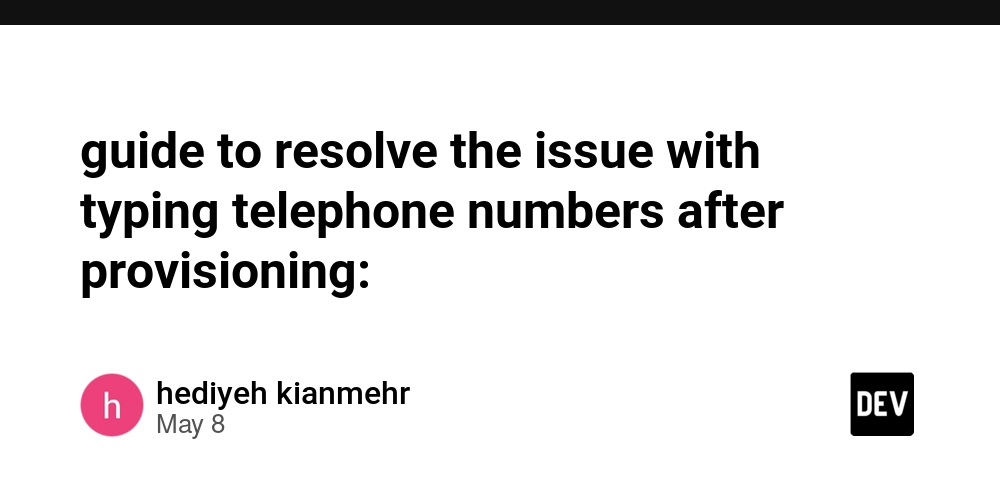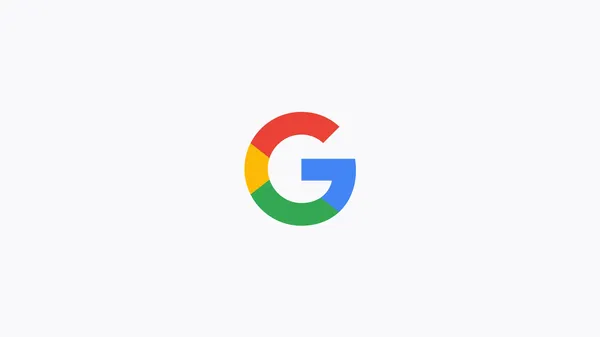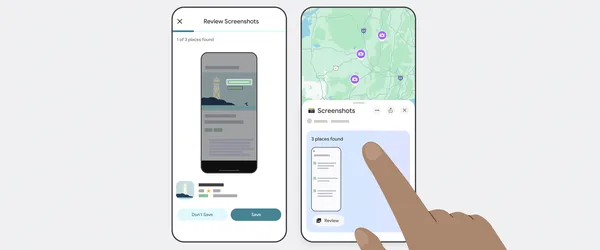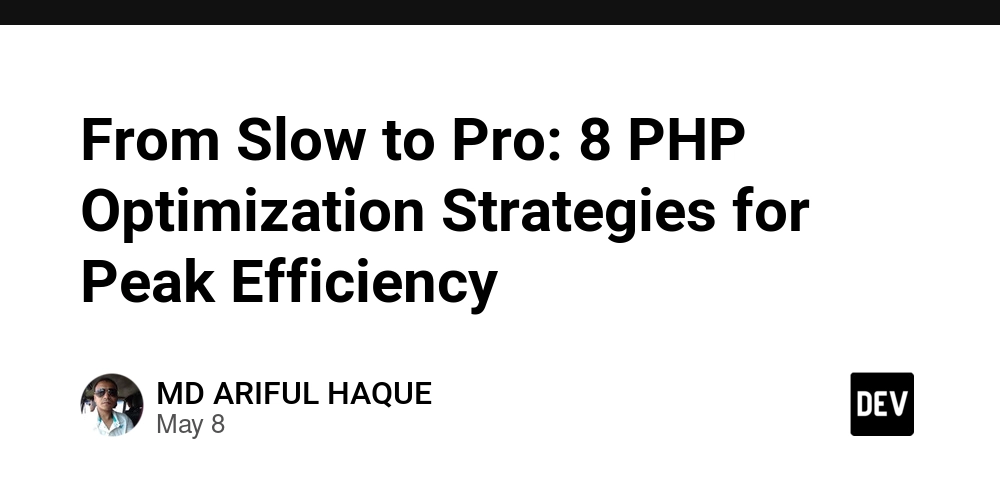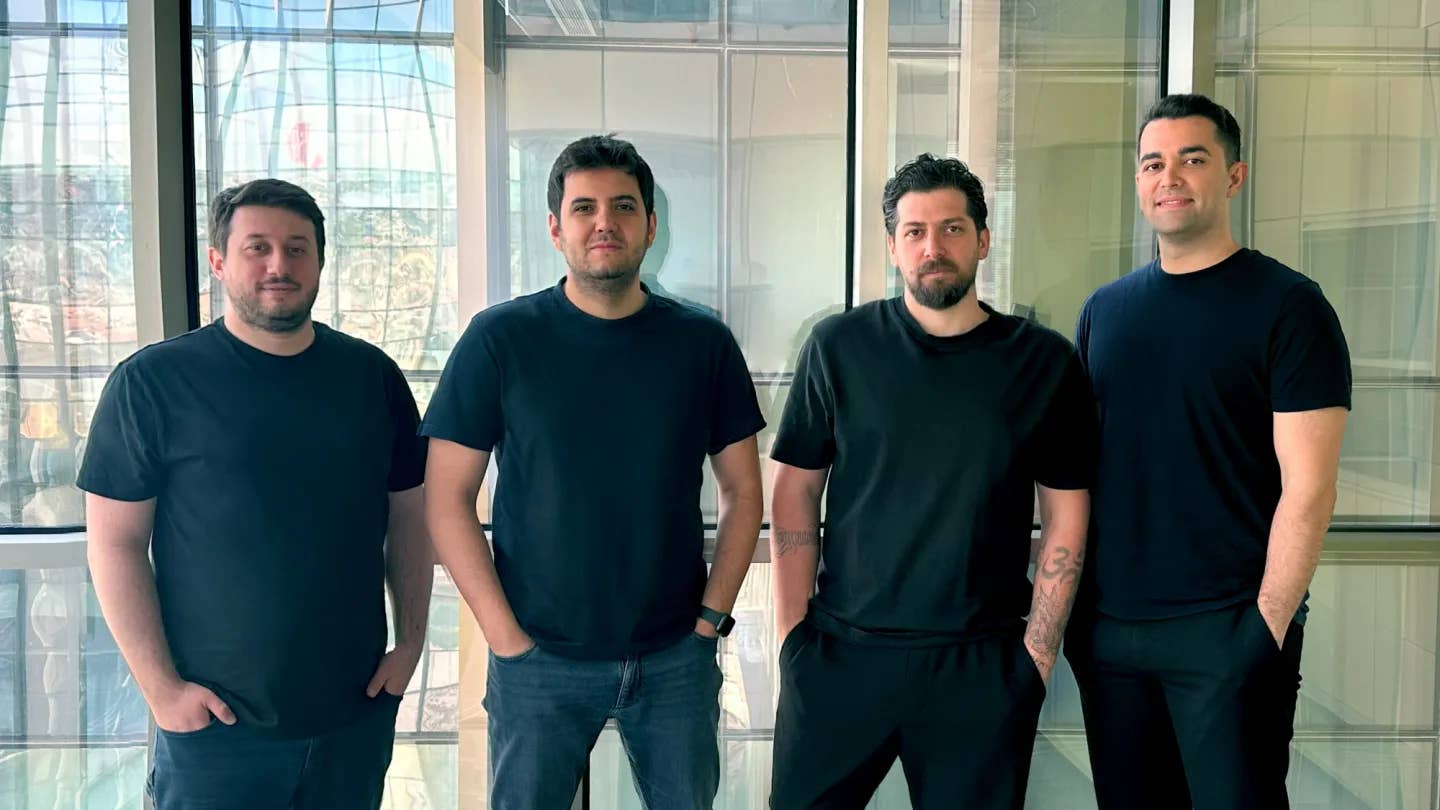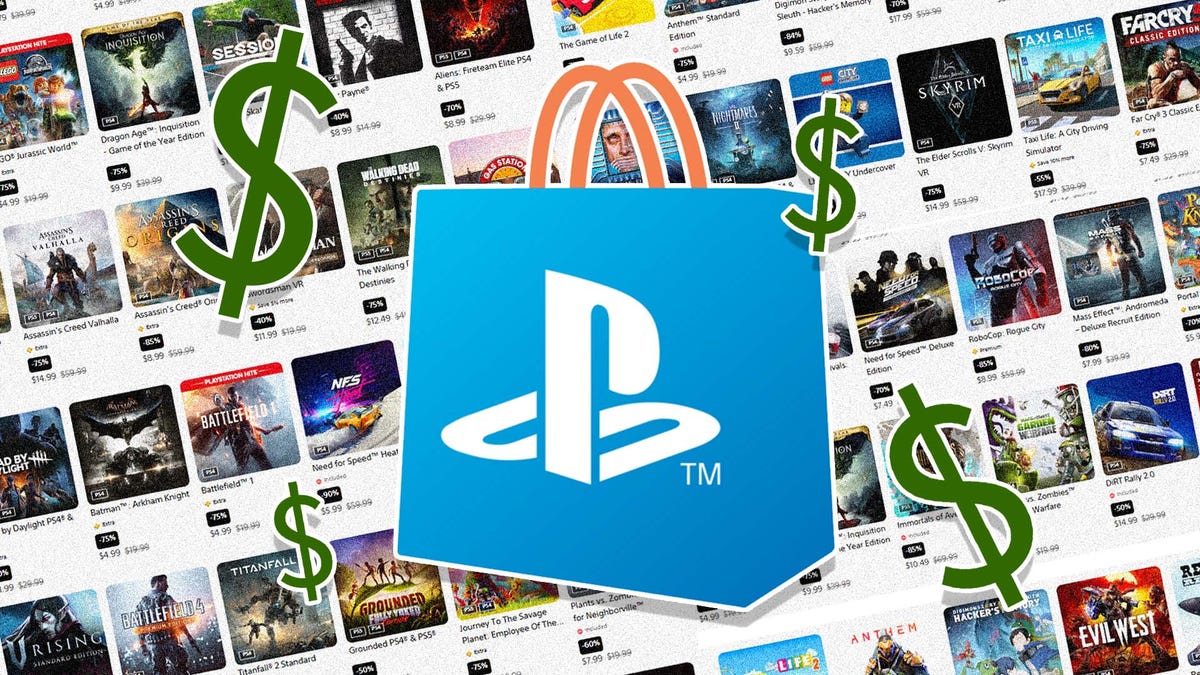WhatsApp hack: Meta wins payout over NSO Group spyware
Meta has won almost $170m in damages from Israel-based NSO Group, maker of the Pegasus spyware.

Meta has won almost $170m in damages from Israel-based NSO Group, maker of the Pegasus spyware. The ruling comes after a six-year legal case against the company after Meta accused it of misusing its servers to spy on users.
According to the original complaint against NSO Group, filed in October 2019, the spyware vendor used WhatsApp servers to send malware to around 1400 mobile phones. The purpose was to gain access to the messages on those devices, which were typically used by attorneys, journalists, human rights activists, political dissidents, diplomats, and other senior foreign government officials.
NSO Group reverse engineered WhatsApp’s software and developed its own software and servers to send messages to victims via the WhatsApp service that contained malware. That malware installed itself on the victims’ smartphones using a zero-click attack, meaning that the victim didn’t have to take any action such as opening an link or even answering a call for the compromise to happen; it was enough simply for the message to arrive.
A judge ruled in December that NSO Group had repeatedly dodged requests to provide its code for review, and granted Meta partial summary judgment over the vendor. That set up conditions for a trial to determine damages that started in late April.
NSO Group reportedly argued that Facebook lost nothing as part of the attack, arguing that it should pay the minimum amount in damages. However, the jury awarded Meta $444,719 in compensatory damages and $167,254,000 in punitive damages.
NSO Group is no stranger to controversy. The US federal government blacklisted it in 2021 for enabling foreign governments to spy on a range of people in acts of “transnational repression”. The same year, investigative website The Pegasus Project alleged that the company targeted over 180 journalists around the world. The European Data Protection Supervisor recommended an EU ban on the technology in 2022, although this has not yet happened.
The ruling drew praise from Amnesty International, which had filed a court brief as part of the case outlining the human rights implications of the attacks on Meta. The organization commented:
“This decision should serve as a wake-up call to governments to take proactive, concrete steps to regulate the surveillance industry, to enforce safeguards on their surveillance practices, and to comprehensively ban tools that are inherently incompatible with human rights obligations and standards, such as Pegasus,”
One takeaway stands out for our readers: end-to-end encryption is important for privacy, but it is not enough on its own.
As Meta pointed out in its complaint, NSO couldn’t decrypt WhatsApp messages in transit to users because they are encrypted when they’re sent from one device and stay unreadable until they’re decrypted by the receiving device. However, that doesn’t stop someone from reading the messages after they’re decrypted by the receiving device—someone who compromises your smartphone or PC has control over all of the data on it, including those decrypted messages.
For consumers, this means applying more layer of protection in the form of regular updates, security software, and cybersecurity awareness. Never open links, files, or videos from someone you don’t know. Be skeptical even if they’re from someone you do know—we recommend checking with them over a different channel first to ensure it was really them that sent it.
In this case, even that would not have enough, because NSO Group was able to infect phones without the victim even answering the call. Attacks this sophisticated often target people with sensitive roles such as journalists, activists, and government workers. Google has an advanced protection program for people like this, while Apple launched lockdown mode for high-risk users. Facebook has its own initiative.
We don’t just report on phone security—we provide it
Cybersecurity risks should never spread beyond a headline. Keep threats off your mobile devices by downloading Malwarebytes for iOS, and Malwarebytes for Android today.





















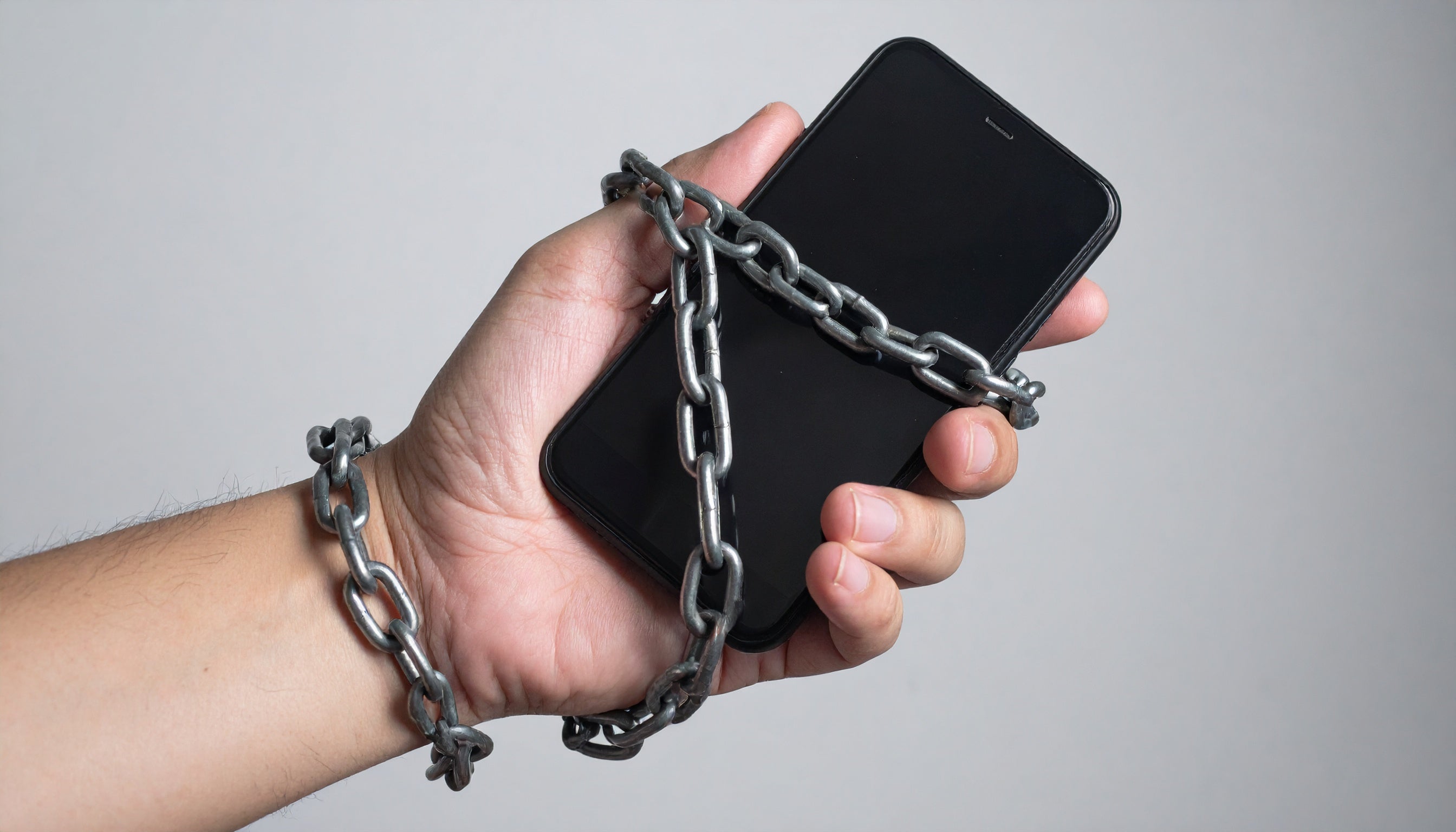
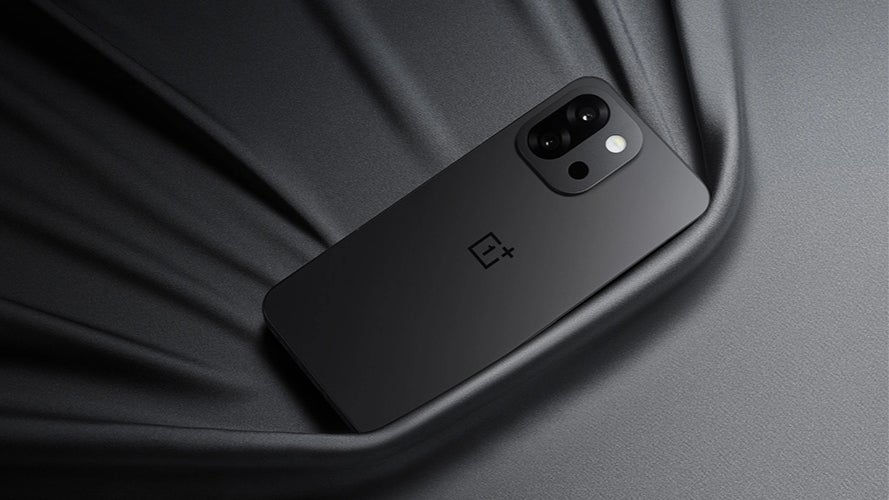
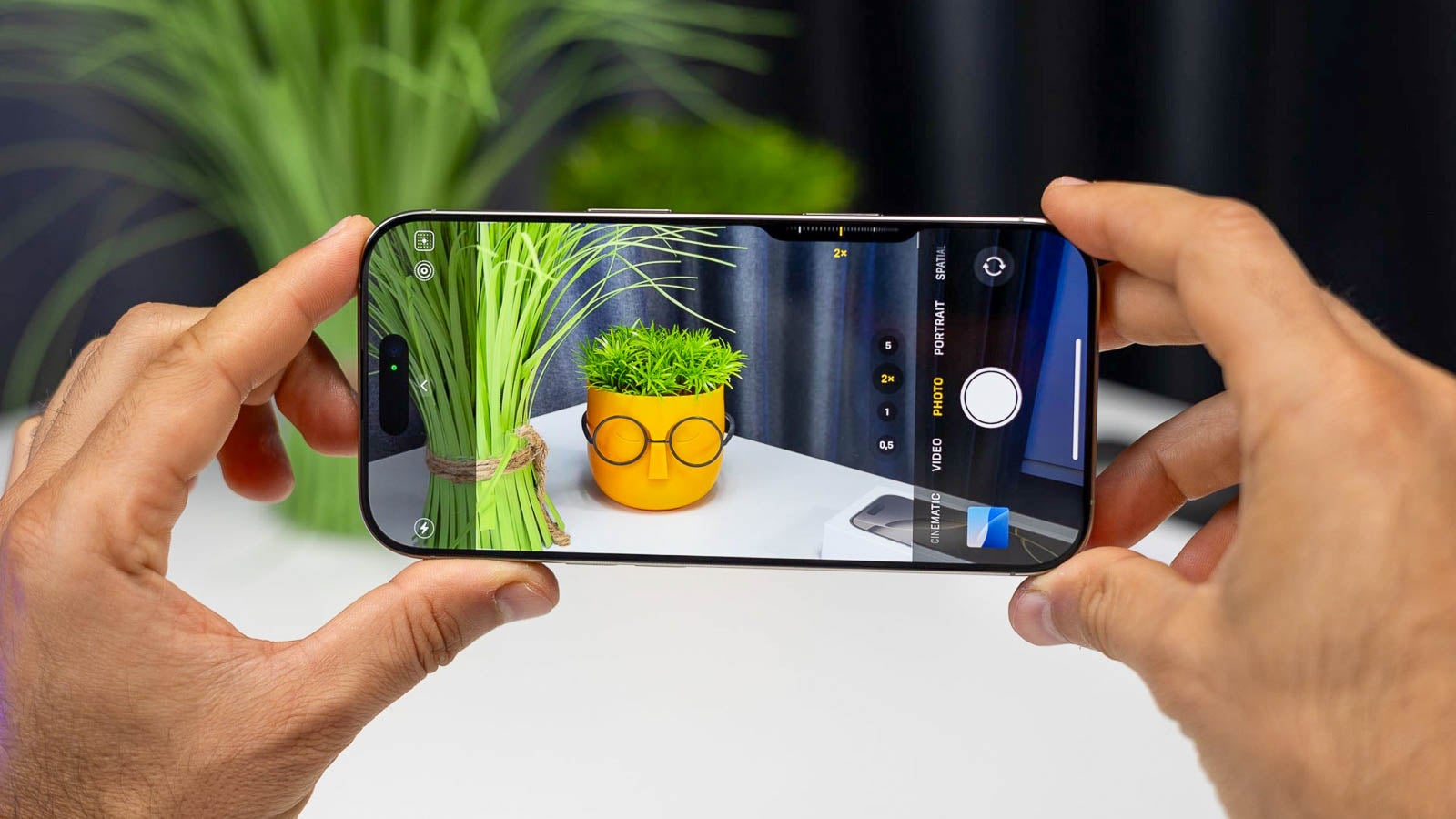




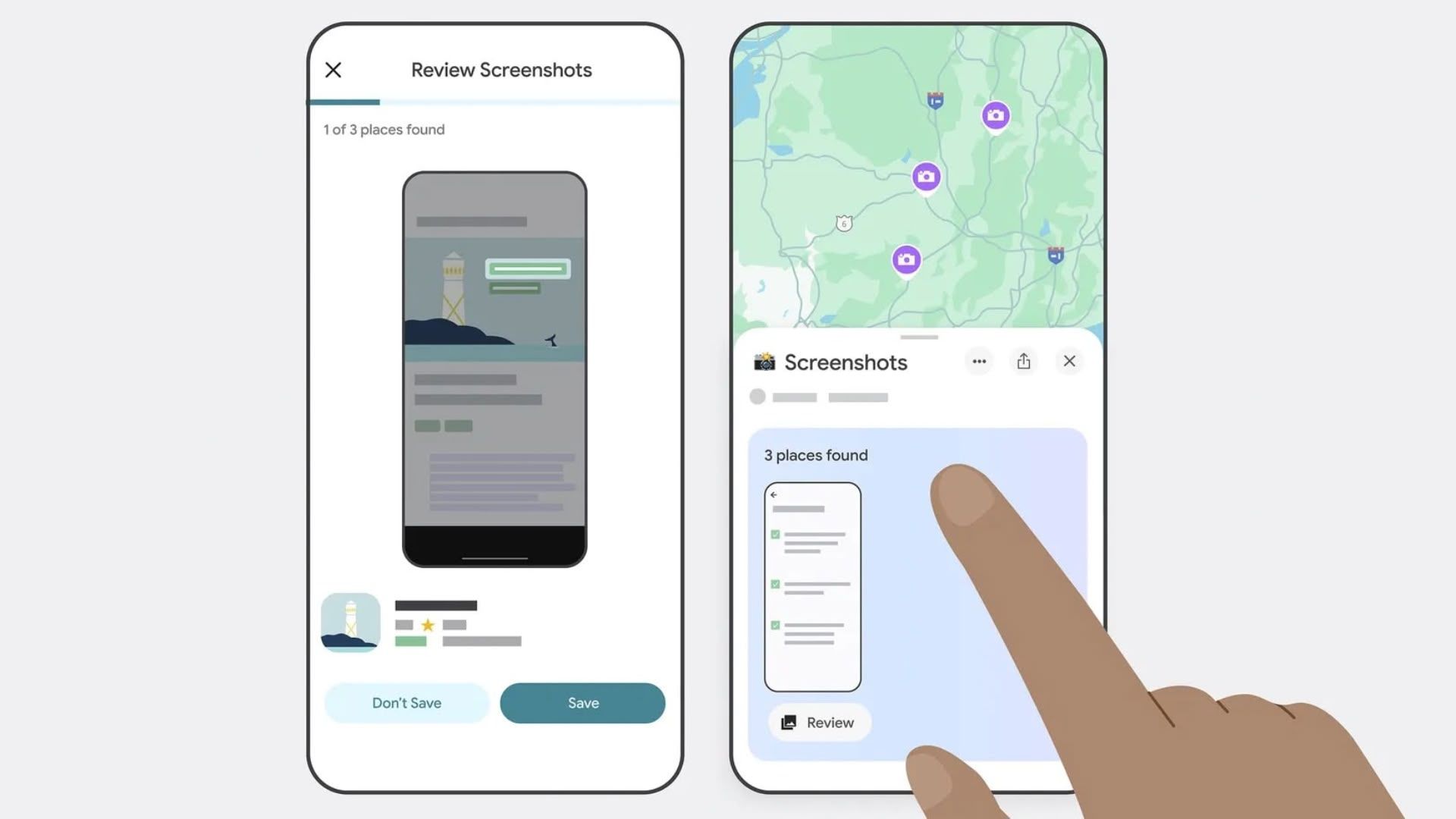















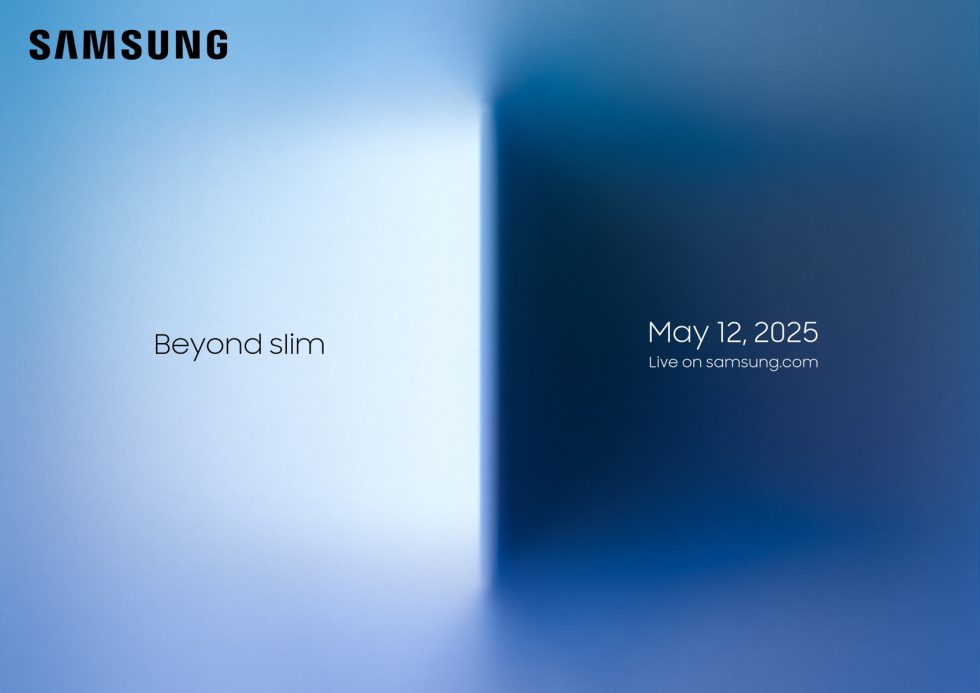
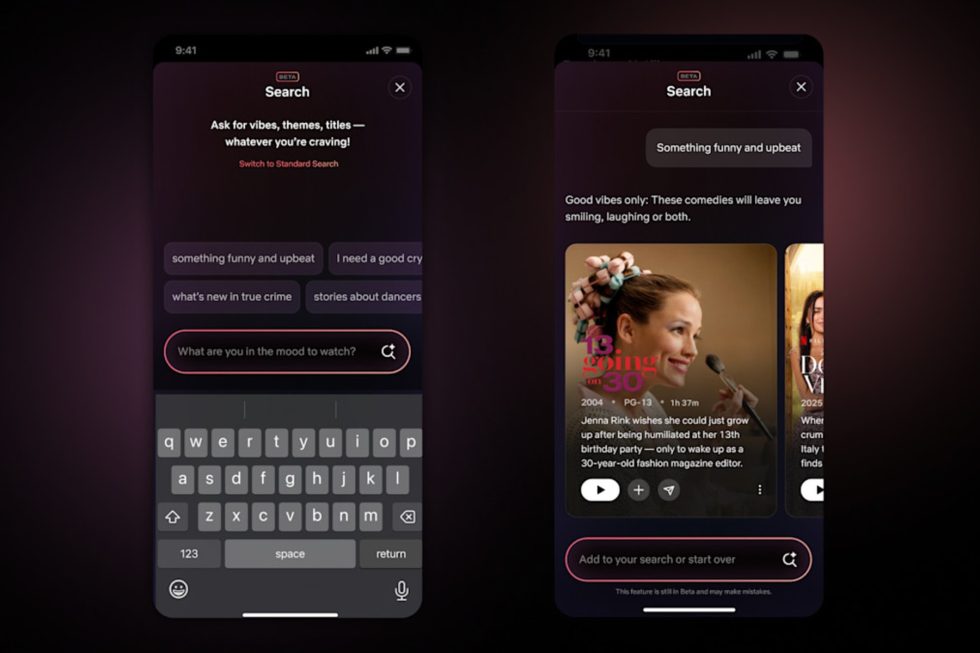
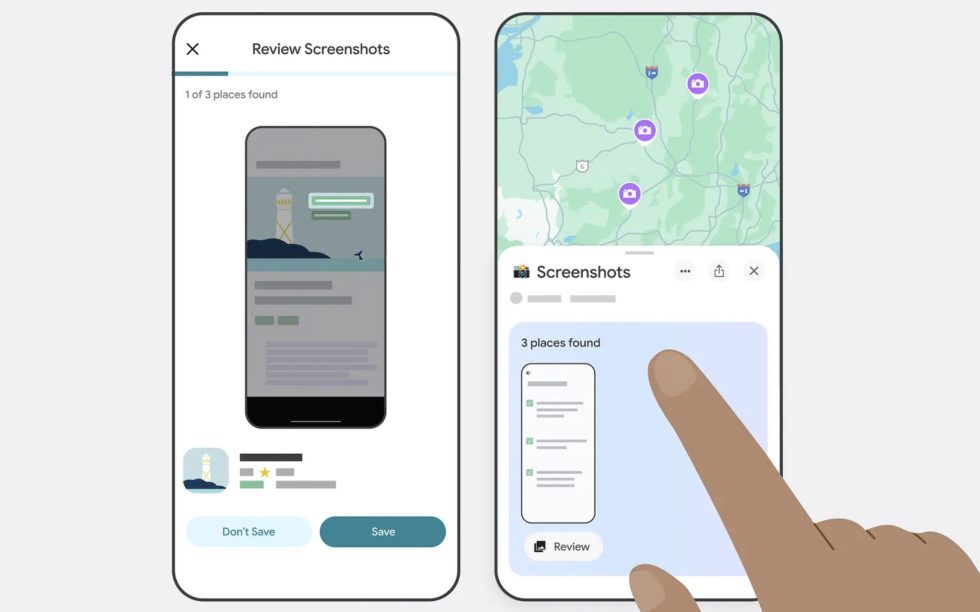





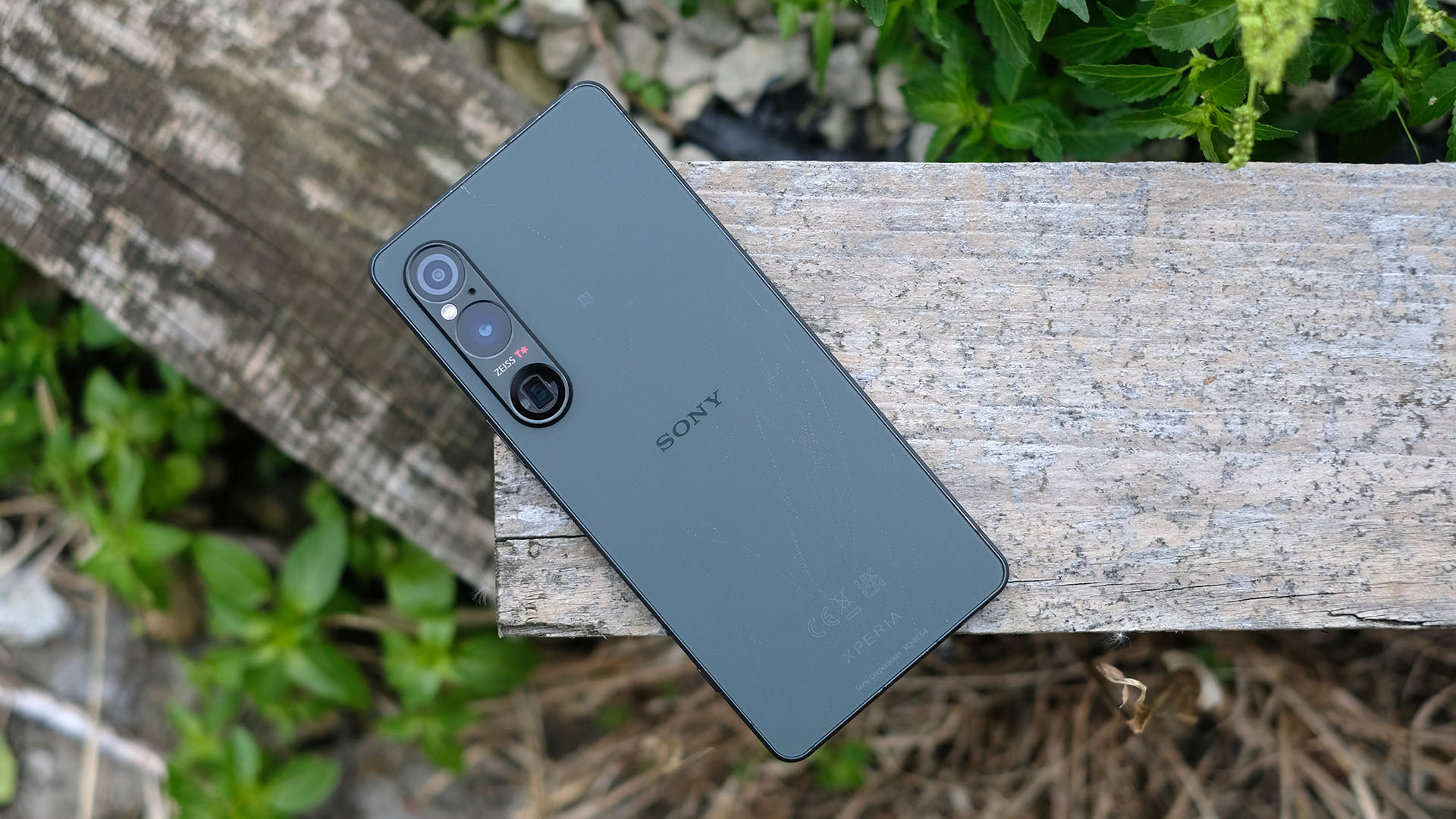


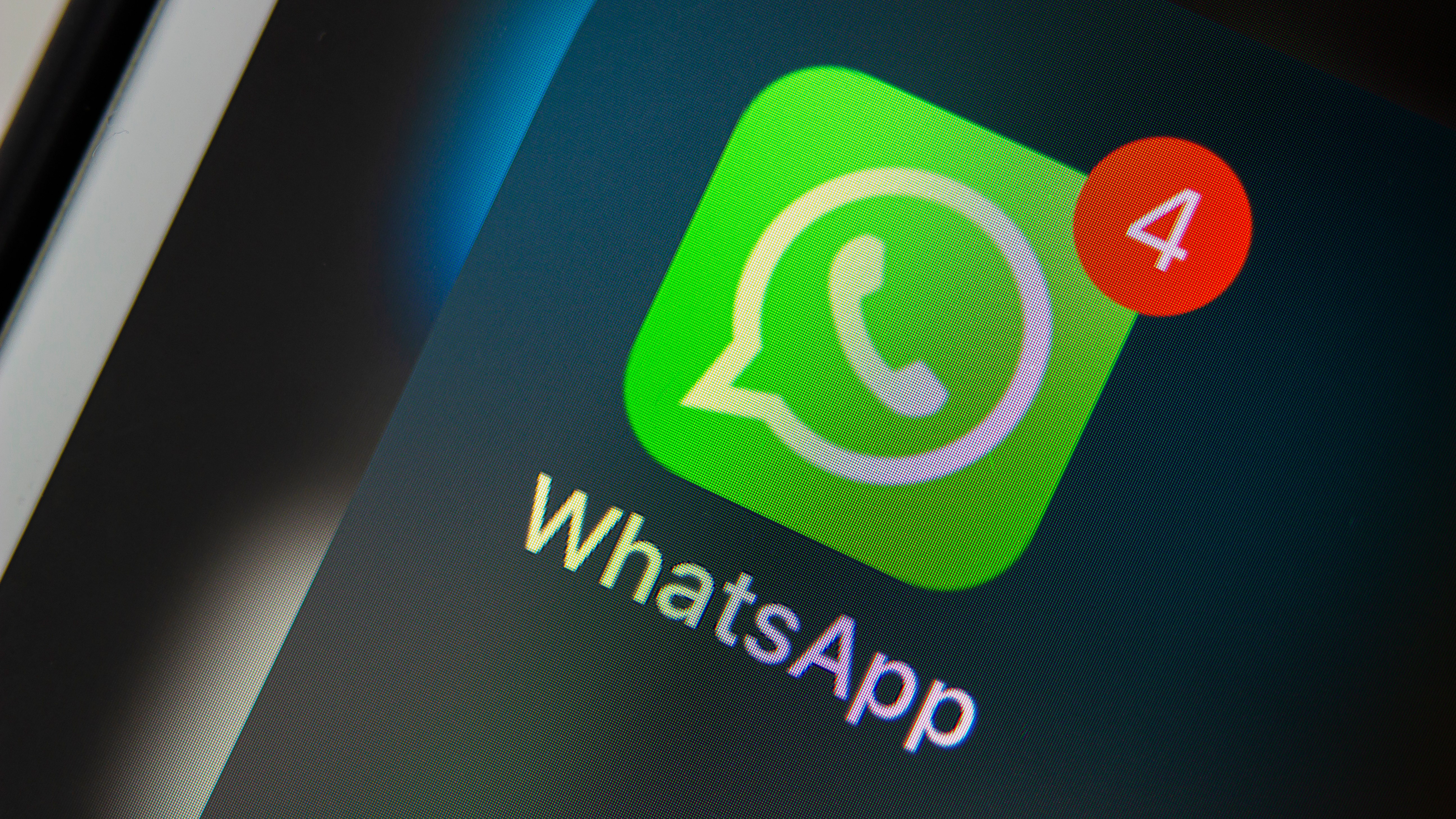













![Beats Studio Pro Wireless Headphones Now Just $169.95 - Save 51%! [Deal]](https://www.iclarified.com/images/news/97258/97258/97258-640.jpg)















![Honor 400 series officially launching on May 22 as design is revealed [Video]](https://i0.wp.com/9to5google.com/wp-content/uploads/sites/4/2025/05/honor-400-series-announcement-1.png?resize=1200%2C628&quality=82&strip=all&ssl=1)







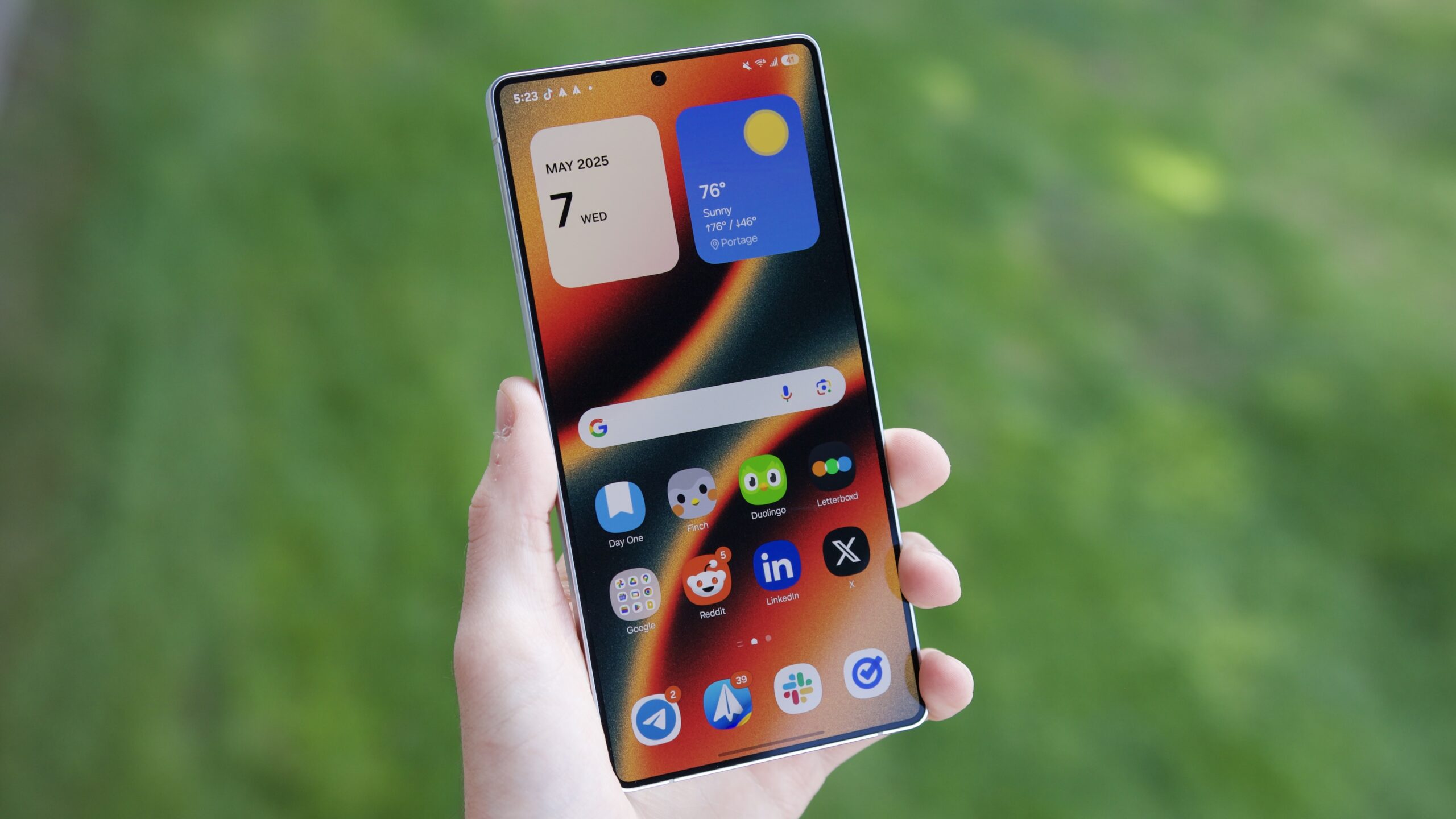
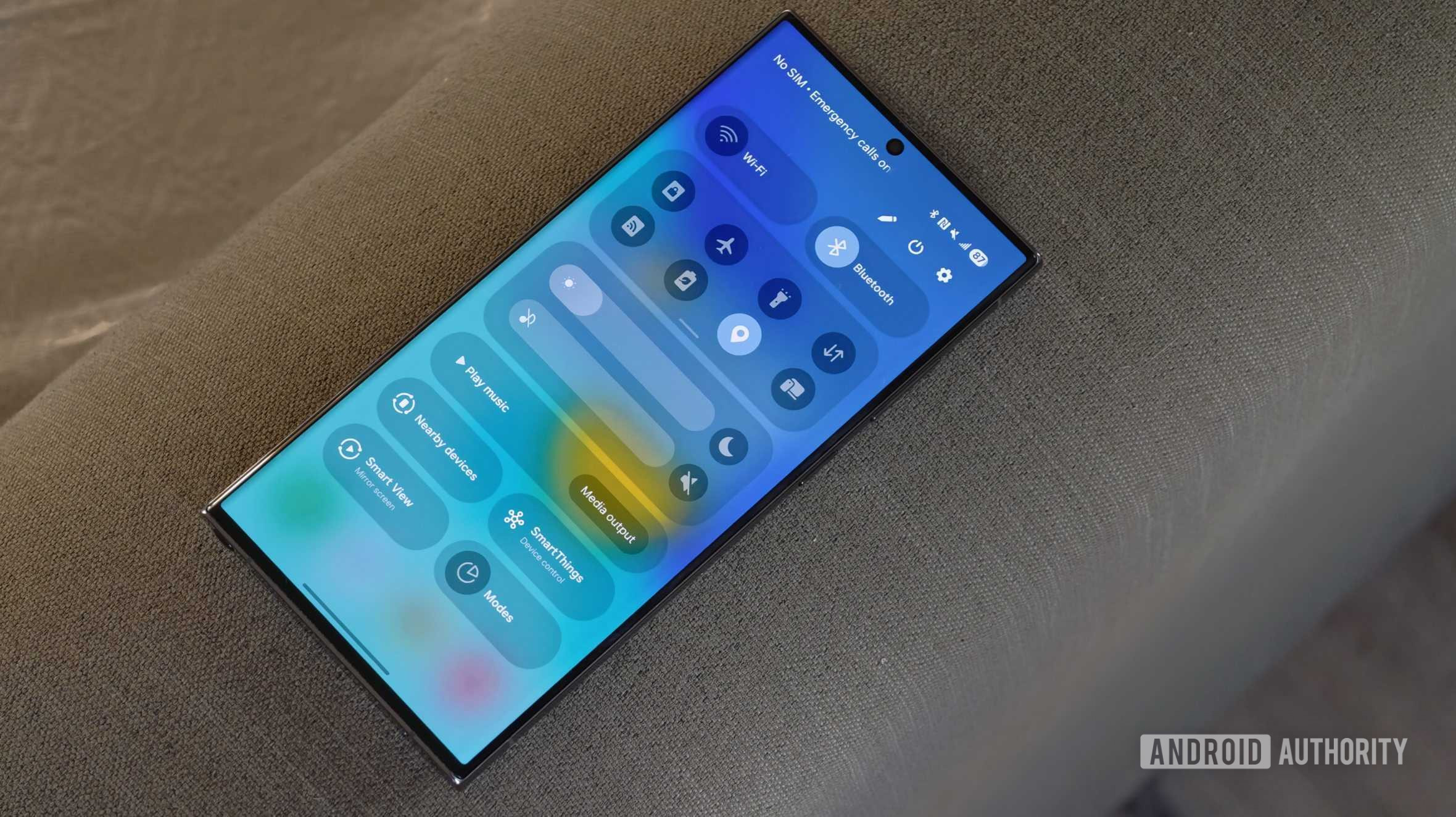

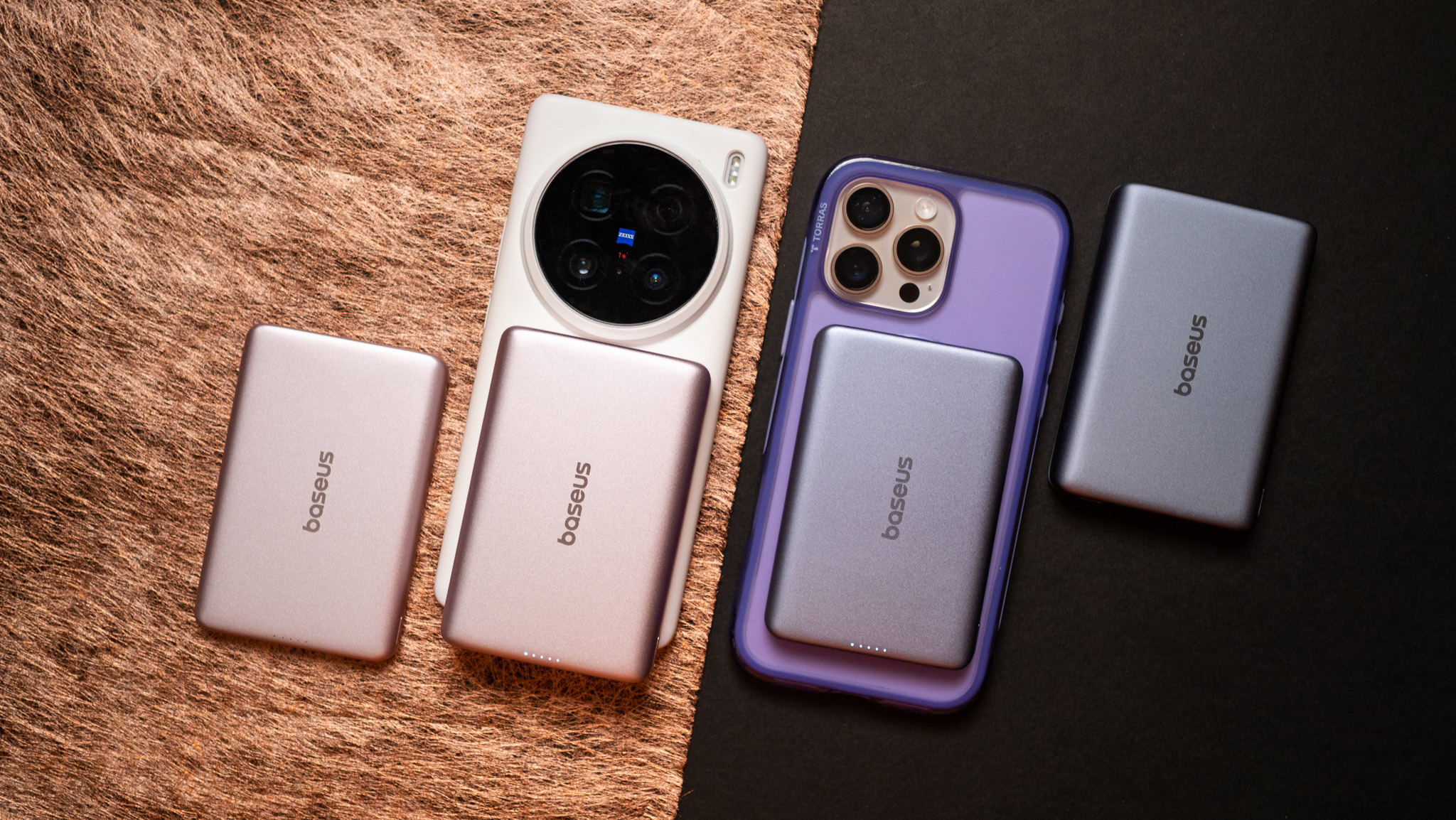
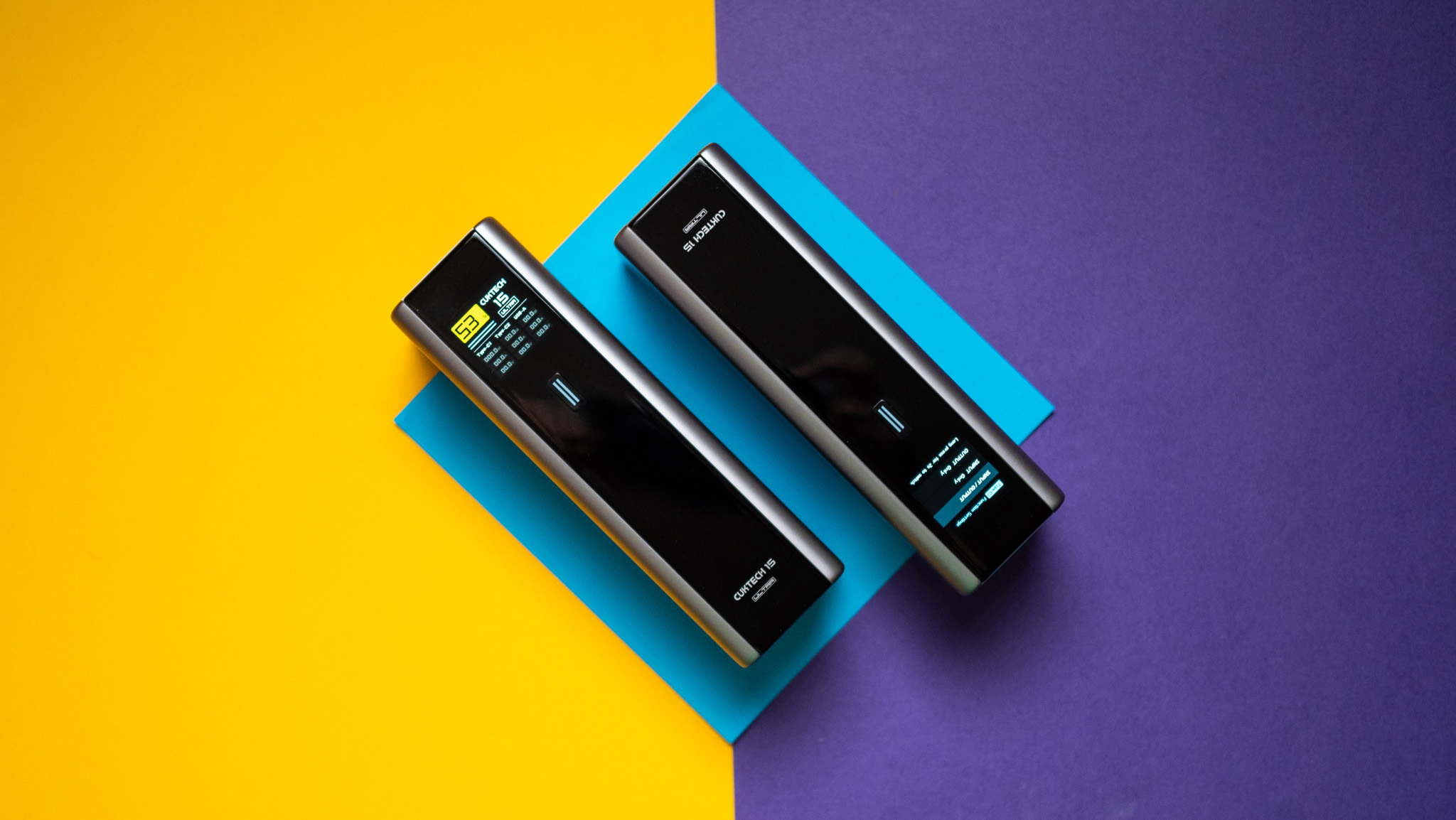



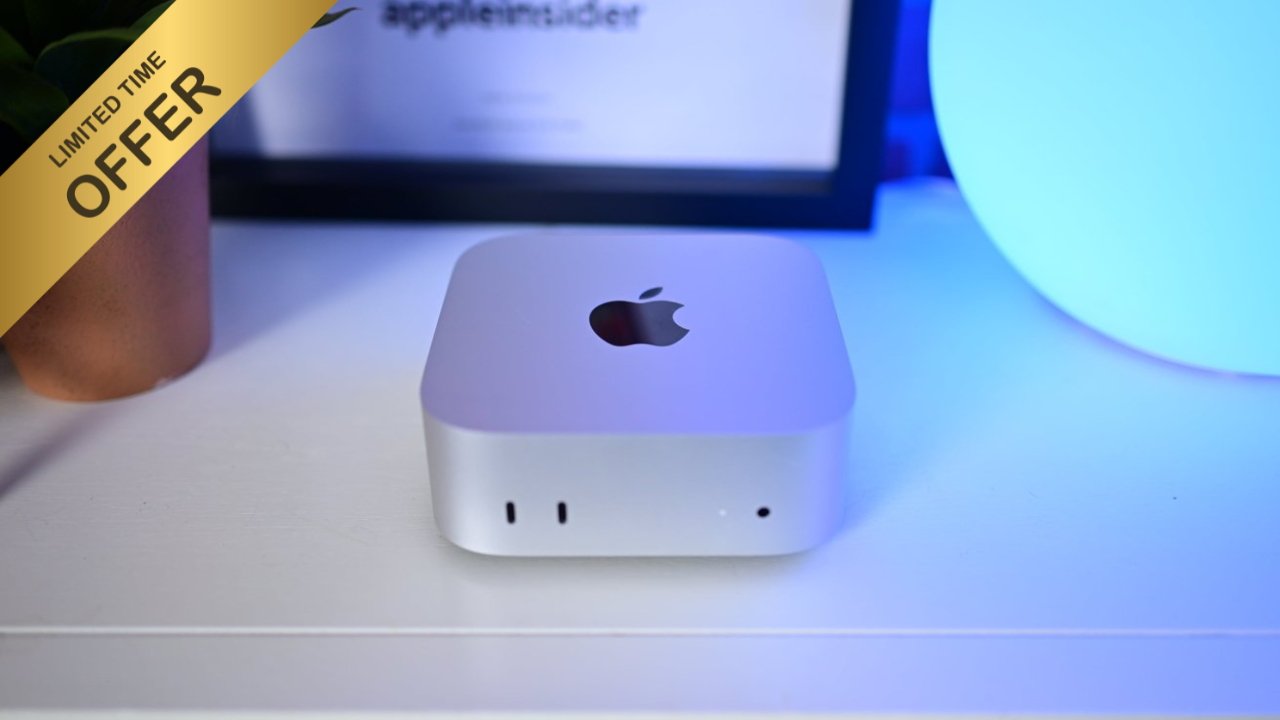
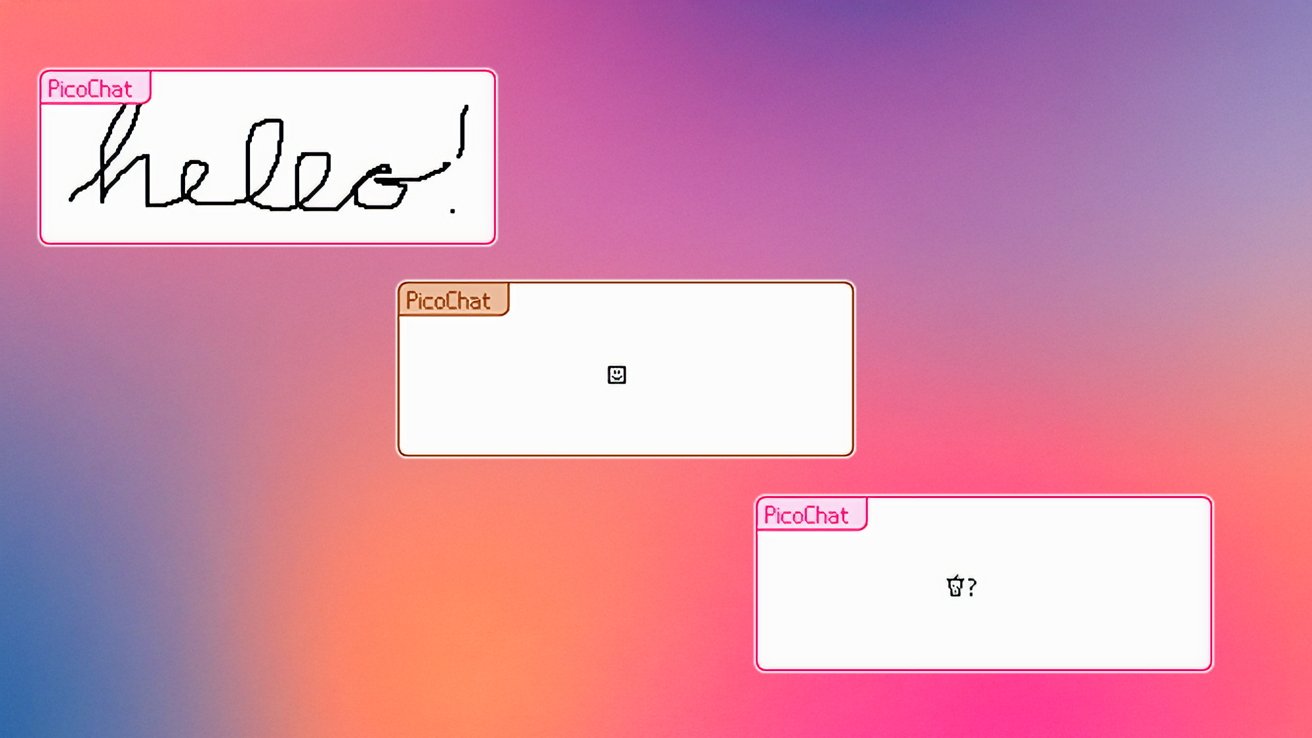


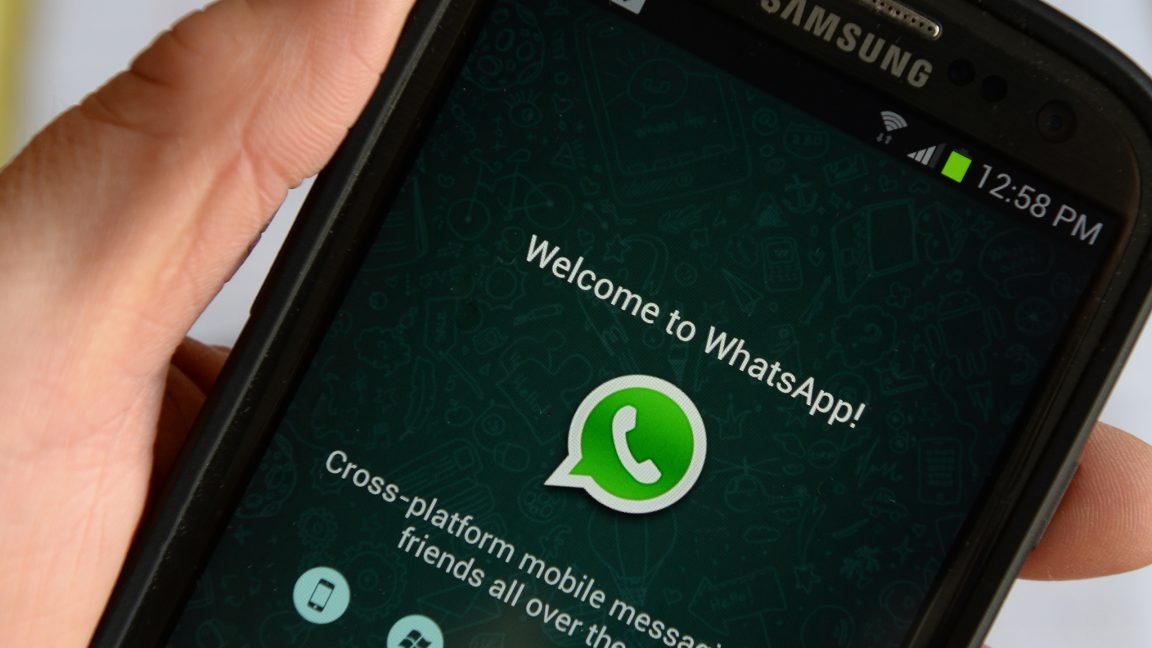

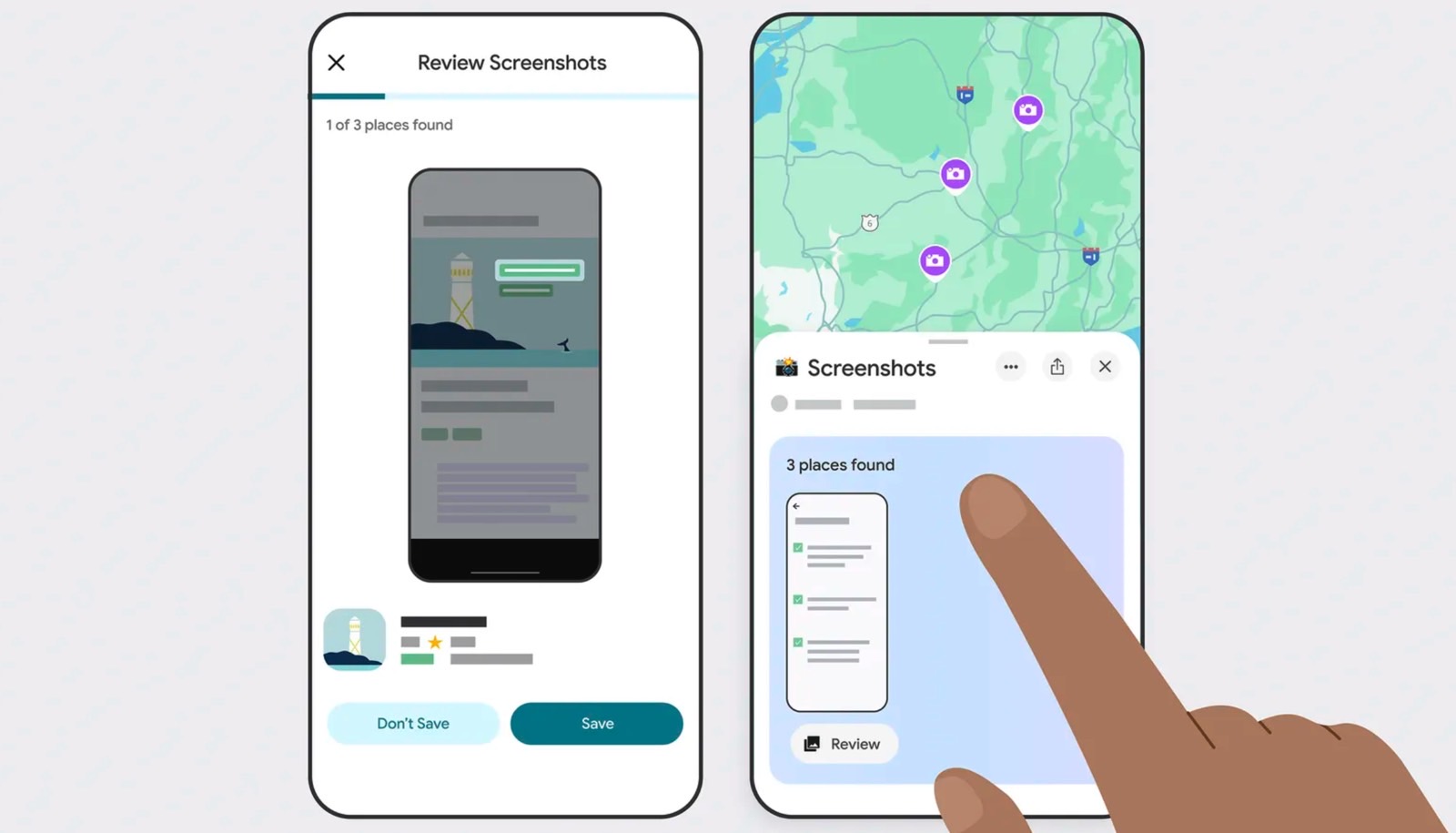




















































































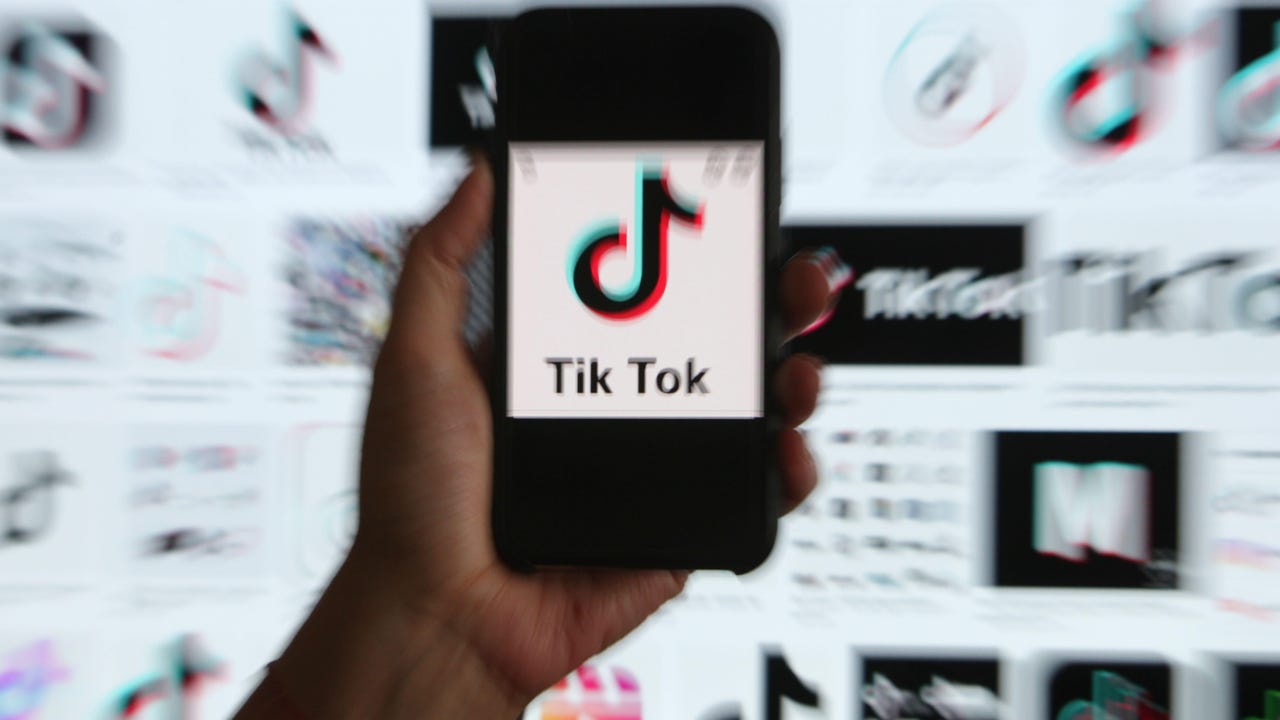
























































































































![[The AI Show Episode 146]: Rise of “AI-First” Companies, AI Job Disruption, GPT-4o Update Gets Rolled Back, How Big Consulting Firms Use AI, and Meta AI App](https://www.marketingaiinstitute.com/hubfs/ep%20146%20cover.png)
















































































































![[DEALS] The Premium Python Programming PCEP Certification Prep Bundle (67% off) & Other Deals Up To 98% Off – Offers End Soon!](https://www.javacodegeeks.com/wp-content/uploads/2012/12/jcg-logo.jpg)
